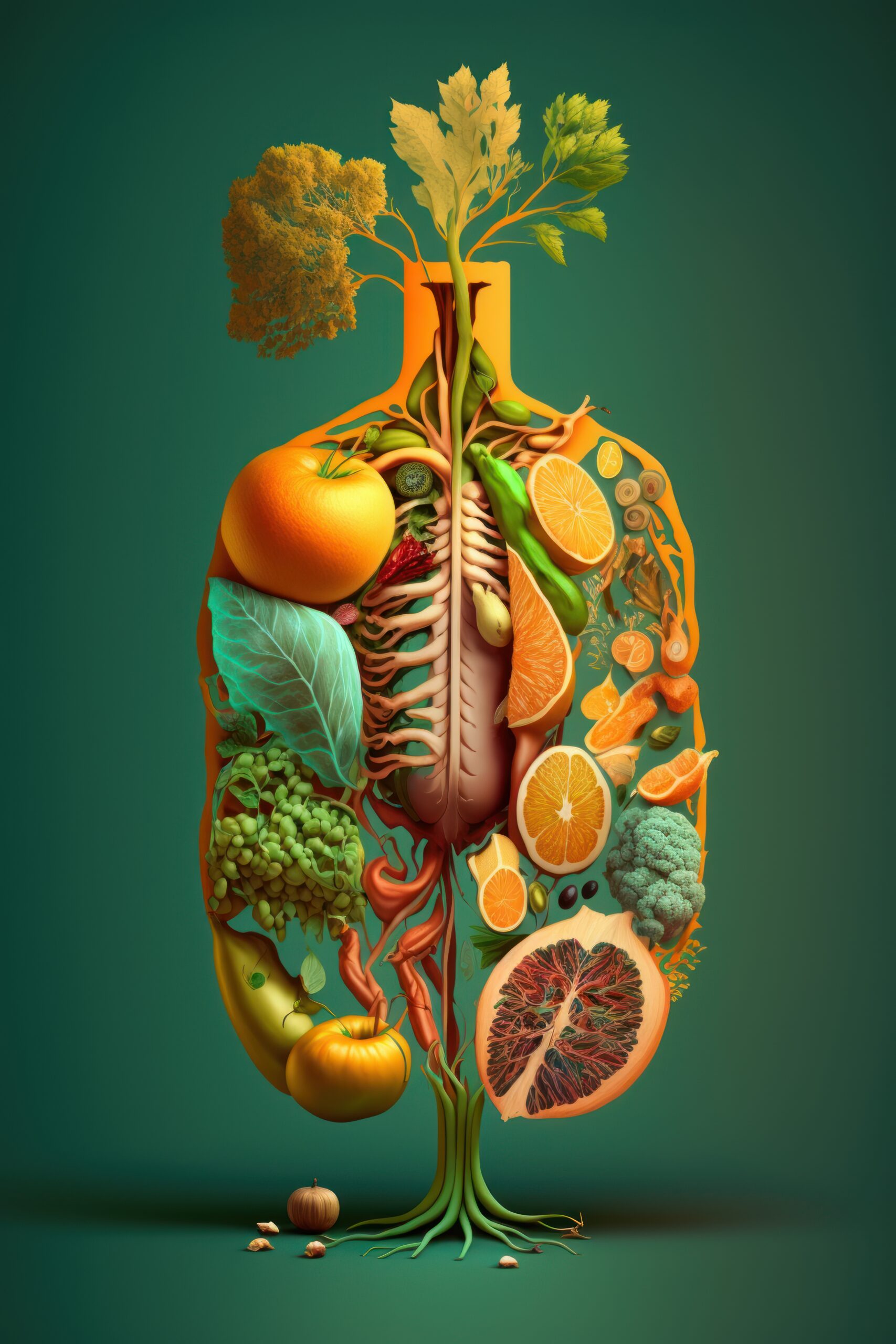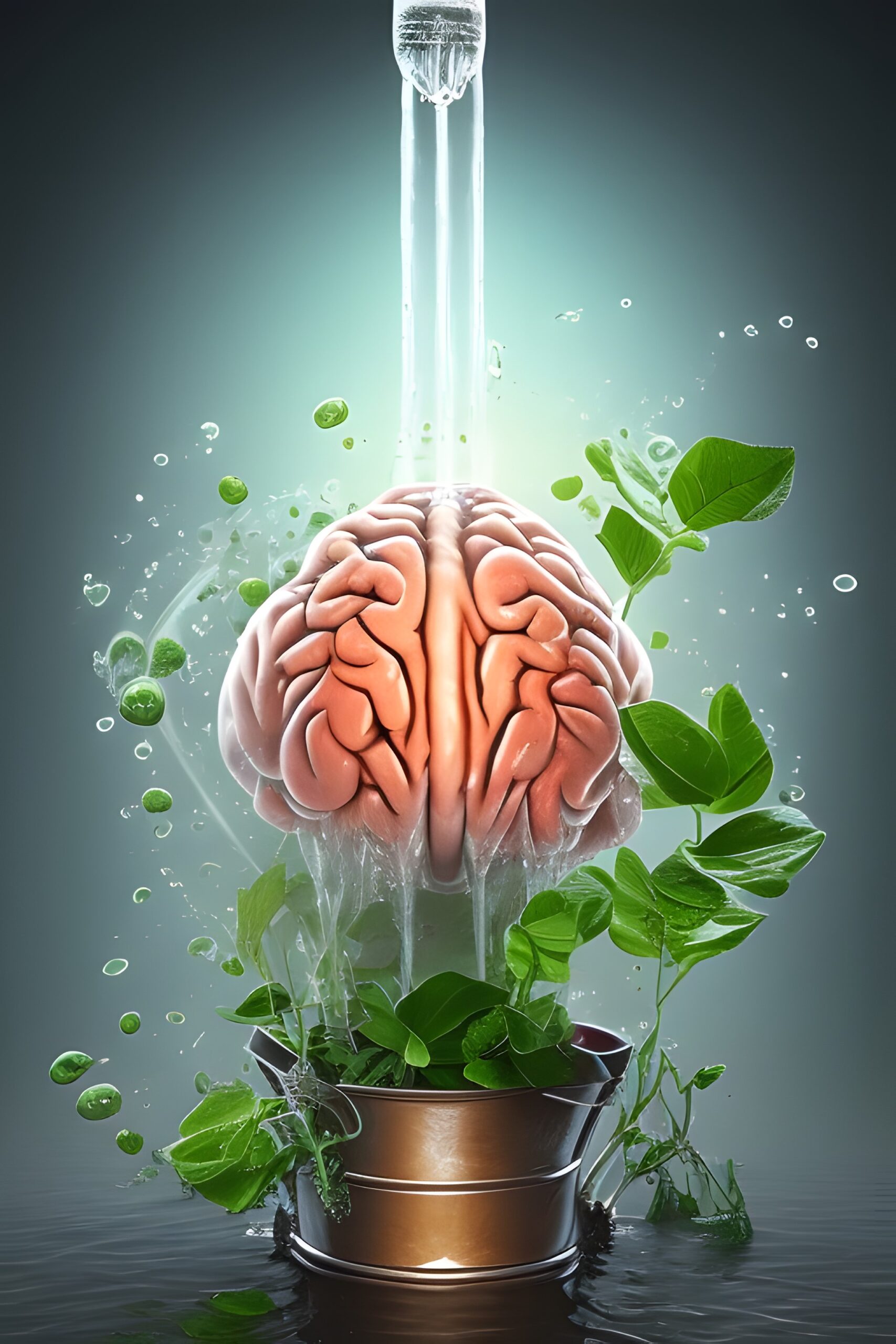Nutrition
Address and Correct Nutritional Deficiencies.
Nutrition and dietary supplementation play a crucial role in the overall treatment process. Surprisingly, this aspect tends to be overlooked, despite its potential for incredible benefits. Here in this section, we’re going to dive into why it’s so important to address and correct nutritional deficiencies on your recovery journey.
We believe that adopting a personalized dietary approach, specifically tailored to your unique needs, can lay a solid foundation for long-term well-being.
Plus, we’ll show you how this mindful approach to nutrition can work wonders in boosting your mood and enhancing your overall sense of happiness and health. So, get ready to explore the fascinating connection between what you eat and how it can positively impact your addiction recovery. We’ve got plenty of valuable insights and practical tips to help you on your transformative journey!


An Individual Approach
We understand that each person is unique, and there is no one-size-fits-all approach to dietary intervention. When it comes to nutrition and dietary supplementation, it’s crucial to rely on trained and qualified sources for recommendations. Our coaches are some of the most well-experienced and credentialed in these areas.
Although we take a case-by-case approach to provide guidance, there is enough research in the field to suggest some general considerations that apply to most cases. It’s important to note that nearly all individuals who have developed severe chemical addictions or dependencies are likely to have some level of nutritional deficiency. Making a well-designed and carefully implemented nutritional adjustment can often lead to significant and relatively quick improvements in their well-being.
If you have a known or suspected medical condition or are taking medication for a specific disease, we strongly advise consulting with your medical team before making any dietary changes. Since we cannot address each individual’s unique needs and circumstances on this website, we encourage you to seek guidance from a qualified healthcare professional before embarking on any dosage regimen independently.
Layering Nutrition into Your Recovery Plan
Discover the transformative potential of nutrition in promoting overall well-being, particularly in the context of mental and behavioral health, including addiction.
A balanced and nourishing diet plays a pivotal role in supporting mental clarity, emotional stability, and long-term recovery. By providing essential nutrients, optimizing brain chemistry, and reducing inflammation, nutrition empowers people to enhance their mood, manage cravings, and improve cognitive function.
Unlock the remarkable benefits of nutrition and witness how it can be a game-changer on your path to healing and lasting wellness.

The Power of Nutrition in Behavioral Health
Recommendations for Boosting Mood and Well-Being

Increase intake of whole foods
Incorporate a variety of fruits, vegetables, whole grains, lean proteins, and healthy fats into your diet.
Stay hydrated
Drink plenty of water throughout the day to support overall bodily functions and maintain optimal hydration.
Prioritize protein
Include adequate protein sources such as poultry, fish, beans, and nuts to support neurotransmitter production and stabilize blood sugar levels.
Consume omega-3 fatty acids
Incorporate fatty fish like salmon or walnuts, flaxseeds, and chia seeds to support brain health and reduce inflammation.
Focus on complex carbohydrates
Opt for whole grains, legumes, and vegetables that provide sustained energy and promote stable mood and well-being.
Limit processed foods and added sugars
Minimize the consumption of processed and sugary foods, as they can negatively impact mood and overall health.
Include probiotic-rich foods
Consume fermented foods like yogurt, kefir, sauerkraut, or kimchi to support gut health and enhance overall well-being.
Consider nutritional supplements:
Consult with a professional to determine if supplementation with vitamins, minerals, amino acids and adaptogens is appropriate for your specific needs and recovery journey (see more below).
Why Supplement?
When folks embark on their recovery journey or complete a detox program, they often encounter persistent symptoms such as anxiety, depression, stress, and fatigue. It’s actually quite common—more the norm than the exception.
What we propose is that a significant portion of this emotional distress, which cannot be solely attributed to specific life events, stems from correctable imbalances in our body and brain chemistry. These imbalances result from unmet nutritional needs that are critical for our well-being. Through our own observations and experiences, we’ve witnessed remarkable improvements in mood, often within days, by simply implementing a nutritional repair plan.
It’s important to distinguish these “false moods” from genuine responses to the challenges we face in life. Genuine emotions can guide us toward areas that need attention and are effectively addressed through talk therapy and a supportive fellowship network. On the other hand, the “false” moods are the ones that seem to arise without apparent cause, posing a significant disruption to early recovery attempts.
The brain, along with the gut to a lesser extent, plays a primary role in shaping our emotions. It communicates through four key “mood chemicals”: endorphins, serotonin, GABA, and catecholamines. In the context of chemical addictions, the production of these chemicals is often disrupted to varying degrees depending on factors such as the substance used, quantity consumed, and duration of use. Pharmaceutical companies have developed drugs over the years to mask or temporarily alleviate deficiencies in these areas. However, true repair is something entirely different. Our research and experience have shown that many individuals find relief through nutritional supplements, often times effectively avoiding the use of powerful pharmaceutical alternatives altogether.


More About Supplementation
A successful treatment program relies on a solid foundation of proper nutrition. Providing the body with the right amounts and proportions of vitamins and minerals is key for cell regeneration, repairing injuries, and bolstering the body’s defense against diseases. Just as we have studied the social impact of drug addiction and the factors that support or hinder recovery, addressing the disrupted physiological environment is crucial.
It’s important to recognize that each person’s journey to recovery is unique, so it’s advisable to consult a knowledgeable professional who understands substance use disorders and can provide tailored recommendations. While it may be tempting to conduct your own research, we discourage it due to the overwhelming amount of unverified information. The supplement market lacks the same level of regulation as the pharmaceutical industry, making professional guidance invaluable in identifying safe and effective remedies. A healthcare professional can help navigate the options, distinguishing what works from what doesn’t. Remember, no nutritional supplement is a miraculous cure, and any product claiming to be one should be approached with skepticism. Supplementation is an important component of recovery, but it’s important to understand that it’s not a quick fix. In the world of drug recovery, there are no instant solutions.
Ann wigmore
“The food you eat can be either the safest and most powerful form of medicine, or the slowest form of poison.”



Post-Acute Withdrawal (PAWS)
Recovery from addiction goes beyond the initial withdrawal phase. Lingering symptoms like anxiety, depression, and irritability can persist for months or even years. These symptoms are often a result of cellular damage caused by substance use.
During recovery, the body needs time to heal, but it also requires active support. Simply abstaining from substances is not enough. The body craves therapeutic amounts of vitamins, minerals, and amino acids to expedite healing and ensure complete recovery.
Unfortunately, many people in early abstinence are unaware of their nutritional deficiencies and their impact on well-being. They may seek medical advice for unexplained symptoms and receive prescriptions for anxiety and mood disruptions.
However, it’s important to emphasize that nutritional supplementation can play a significant role. By replenishing the body with vital nutrients, people can support the healing process and navigate the protracted withdrawal phase more effectively. Patience is key as the body gradually restores balance and moves towards long-term wellness.

Breakfast
In recovery it’s important to break the overnight fast and give your body nourishment first thing in the morning.
Breakfast plays a crucial role in a healthy eating plan and is essential for stabilizing your internal well-being during recovery. By having a proper breakfast, you can manage blood sugar levels, and often prevent symptoms like depression, irritability, shakiness, headaches, and mental confusion.
Starting your day with a nutritious meal helps stabilize your body from the get-go and reduces the cravings for drugs and alcohol that often linger long after you’ve stopped using them. Prioritizing breakfast can have a significant impact on your journey to recovery.
Understanding the Impact of Chronic
Drug Use
Impact on brain chemistry
Chronic intoxication disrupts the delicate balance of neurotransmitters in the brain, leading to mood disturbances, impaired cognitive function, and heightened cravings. Restoring optimal brain chemistry through nutrition is vital for stabilizing moods, enhancing cognitive abilities, and reducing the risk of relapse.
Depletion of essential nutrients
Prolonged drug use depletes essential nutrients such as vitamins, minerals, and amino acids, which are crucial for the body’s proper functioning. This depletion can result in various health issues and hinder the recovery process. Replenishing these nutrients through a balanced diet and supplementation is essential for supporting physical healing and overall well-being.
Gut health and absorption issues
Chronic use can harm gut health, leading to digestive problems and impaired nutrient absorption. This hampers the body’s ability to obtain essential nutrients from food. Maintaining a healthy gut through proper nutrition is vital for improving digestion, enhancing nutrient absorption, and supporting overall health.
Oxidative stress and cellular damage
Long-term drug use induces oxidative stress, resulting in cellular damage and premature aging. This damage can have negative effects on various body systems. Consuming antioxidant-rich foods helps combat oxidative stress, reduce inflammation, and support cellular repair, aiding in the recovery process.
metabolic imbalances
Many common drugs of abuse often disrupts metabolic function, leading to imbalances such as insulin resistance and hormonal dysregulation. These imbalances can negatively impact overall health and hinder the recovery process. Adopting a nutritious diet that includes balanced macronutrients and specific foods can help restore metabolic function, stabilize blood sugar levels, and promote hormonal balance.
Immune system dysfunction
The immune system is compromised by drug use, making people more vulnerable to infections and other health complications. Strengthening the immune system through proper nutrition is crucial for improving overall health and resilience during the recovery process. Consuming immune-boosting foods and nutrients supports the body’s defense mechanisms and aids in the healing and restoration of optimal immune function.

What About Adaptogens?
Adaptogens have been gaining popularity in recent years and have become some of our favorite additions to supplement protocols. These natural substances have unique properties that can help the body adapt and respond to stress more effectively.
Adaptogens are renowned for their ability to support the body’s resilience and promote overall well-being. Whether you’re dealing with the physical and emotional stress of early recovery or facing other challenges, adaptogens can provide valuable support. From enhancing energy levels and reducing fatigue to improving mental clarity and promoting emotional balance, these remarkable botanicals offer a range of benefits.
Our team is well-versed in the properties and applications of various adaptogens. We take into account your specific situation, including your unique case and needs, to recommend the most suitable adaptogens to incorporate into your supplement protocol. By leveraging the power of adaptogens alongside other nutritional interventions, we aim to optimize your recovery journey and help you achieve lasting wellness.
Targeting Mood Chemicals Through Supplementation:
The Four Mood Chemicals
Serotonin
Endorphins
GABA
Catecholamines
Dopamine, Epinephrine, Norepinephrine
RECOVER
